Do you open your eyes under the water while you are swimming?
Many people are able to do so, while others struggle with this. This is also true for surfers.
Some surfers open their eyes when under the water, while some prefer to keep them closed.
Multiple factors affect this decision and can vary from the cleanliness of the water, how deep the ocean is, or the sensitivity of the surfer’s eyes.
Below we will look at the upsides and downsides of opening your eyes in the ocean as well as what effects this may have.
- What Are the Benefits of Keeping Your Eyes Open Underwater?
- What Are the Downsides of Opening Your Eyes to the Ocean?
- How Well Can You Really See Underwater?
- Can I Open My Eyes if I Have Contact Lenses?
- Would Wearing Goggles When Surfing Help?
- Should I Open My Eyes Underwater?
- Conclusion
- You Might Also Like…
What Are the Benefits of Keeping Your Eyes Open Underwater?
There is only one real benefit of keeping your eyes open underwater.
This is the same benefit of keeping your eyes open when out of the water: It allows you to see.
The benefit of being able to see underwater when surfing comes down to two major factors:
Knowing how far from the ocean floor you are, and knowing when a wave has passed over you.
Awareness of the Ocean Floor
When surfing on a deep sandy-bottom break, it is not all that important to know how far away the ocean floor is.
This is particularly true because you won’t be able to duck dive deep enough to hit it.
However, this is different when surfing on shallower breaks such as dry reefs, or rocky breaks such as a point break.
When making your way past the break, duck diving becomes a constant activity.
As you likely know, the deeper you duck dive, the easier it is to get past the wave.
This, of course, is a problem when there is only a small distance between the ocean surface and its floor.
Keeping your eyes open when duck diving will help you remain aware of how far from the floor you are.
By doing this you can prevent hitting the floor and destroying the nose of your surfboard, or even smashing your own face into a rock or some coral.
Knowing When the Wave Has Passed
The other time it is helpful to keep your eyes open while under the water is to maintain a better idea of where the passing wave is.
Time and time again while reading about surfing you will come across how important timing is. This is true for all aspects of the extreme sport.
When to begin paddling for a wave, when to stand up, when to duck dive, and when to resurface after a dive are all important aspects.
Attempting to resurface too early will simply leave you coming up in the middle of an oncoming wave.
This will cause large amounts of back drag, or when surfing larger waves, it could pull you over the falls.
On the other hand, the sooner you can safely resurface the sooner you can continue paddling, and therefore the sooner you can get to the backline and back onto another wave.
So staying unnecessarily long under the water is not ideal either.
What Are the Downsides of Opening Your Eyes to the Ocean?
Although opening your eyes under the water while surfing has some undeniable advantages, there are a few downsides that you may discover.
Burning Eyes
It is common for many people to experience burning in their eyes when they open them underwater.
Just as our sweat contains salt and burns our eyes, so does the ocean. However, the ocean contains far more.
As water tends to move from low to high salt concentration solutions, when we open our eyes in the ocean they begin to dry out and burn.
This is why you may only find your eyes burning after a period of time.
Infection
One of the biggest risks of opening your eyes in the ocean is the chance of infection.
Particularly around cities, there is a major issue with sewage and sanitation.
As cities cannot deal with the amount of sewage produced, it is often pumped into the ocean.
When surfing around the coastlines it is common to find harmful micro-bacteria in the water.
This bacteria can lead to problems such as conjunctivitis, also known as pink eye.
Red Eyes
As a result of the above two factors, you may discover that opening your eyes under the water while surfing may result in your eyes turning red.
It is common for surfers to have red eyes, although this is not only due to opening their eyes.
Both infection and dehydration can leave you with bright red eyes.
Although the red is not particularly an issue, it may become a problem when you need to go straight from the beach to work.
It can be an awkward situation trying to explain to your boss that you were only surfing and not smoking anything funky.
How Well Can You Really See Underwater?
Anyone who has tried to open their eyes underwater will have noticed that they cannot see as well as they can on land.
This is mainly due to the density of water. Water is nearly 800 times denser than air and therefore slows light down as it enters it.
When this happens, light is refracted (bent). This is different from how our eyes naturally work.
Because our eyes are designed to focus on light moving from the air (gas) to liquid (inner eyeball), when the light moves from liquid to liquid (ocean to eyeball) the natural correction that our eyes perform distorts what we see.
So How Far Can You See Underwater?
With the naked eye, in a crystal clear water-body such as a lake or swimming pool, given the perfect light source, it is unlikely you will be able to see much more than a single kilometer.
When in the ocean, the light can differ, the water will be less clear, and the added salt and minerals will further reduce your vision.
It is, however, important to remember that each individual is different, and therefore will have a different experience underwater.
One example of this are the children of a tribe in Thailand. These children have the ability to control their pupils and depth perception which allows them to see clearly underwater.
Can I Open My Eyes if I Have Contact Lenses?
If you need glasses to see on land you will likely need them when you are surfing.
It is possible to use your glasses in the ocean if you take the correct precautions.
However, most people will turn to the use of contact lenses.
If you are surfing with contact lenses, you should avoid opening your eyes under the water.
Opening your eyes underwater while wearing contacts can lead to you losing them, but most importantly, greatly increase your risk of infection.
It is recommended that your contacts are not exposed to any water-body other than a sterile solution.
Before using your contacts while surfing you should weigh the risks against the advantages.
Would Wearing Goggles When Surfing Help?
Wearing goggles when surfing is, for the most part, an odd thing to do, and will not provide you with much aid.
On one hand, goggles will allow you to increase your vision underwater, as well as keep water out of your eyes, which will reduce burning.
On the other hand, goggles will disrupt your vision when your head is above water and are likely to be dislodged when falling off your board or while duck diving (which is when you need them).
That being said, if you are wearing contacts, you may find it more beneficial to wear goggles than to risk damage to your eyes from infection.
Should I Open My Eyes Underwater?
Besides some general rules and surf etiquette, there is not much in the surfing world that you should or should not do.
Most things in this extreme sport are up to the individual and what suits them the most.
If you find that your eyes burn too much when opening them in the ocean, then it is best to keep them closed.
Similarly, when the ocean is particularly dirty, it is advisable to not expose your eyes to the water, as well as shower and rinse out your eyes after your surf.
Alternatively, if your eyes are not irritated by the saltwater, the ocean is clean, and you find yourself surfing on a shallow break, it may be in your best interest to open your eyes under the water.
The most important part is to do what keeps you the safest, and most comfortable.
Conclusion
Some surfers prefer to open their eyes while surfing and others tend to keep their eyes closed.
Although there are a few downsides to opening your eyes in the ocean, in most cases it will be advantageous to be able to see.
Our eyesight is our greatest advantage and should be used as much as possible to make situations easier.
You Might Also Like…
-

Do Surfers Ride Switchfoot? 5 Benefits (& Why You Should Learn It)
-

Do Surfers Shave Their Legs? 5 Common Reasons (+Pros & Cons)
-

Do Surfers Wear Helmets? 8 Situations You Should Wear One (+4 Cons)
-

Do Surfers Poop in the Ocean? Myths & Facts (+5 Tips)
-

Do Surfers Run Into Each Other? 5 Common Reasons (+8 Tips)
-
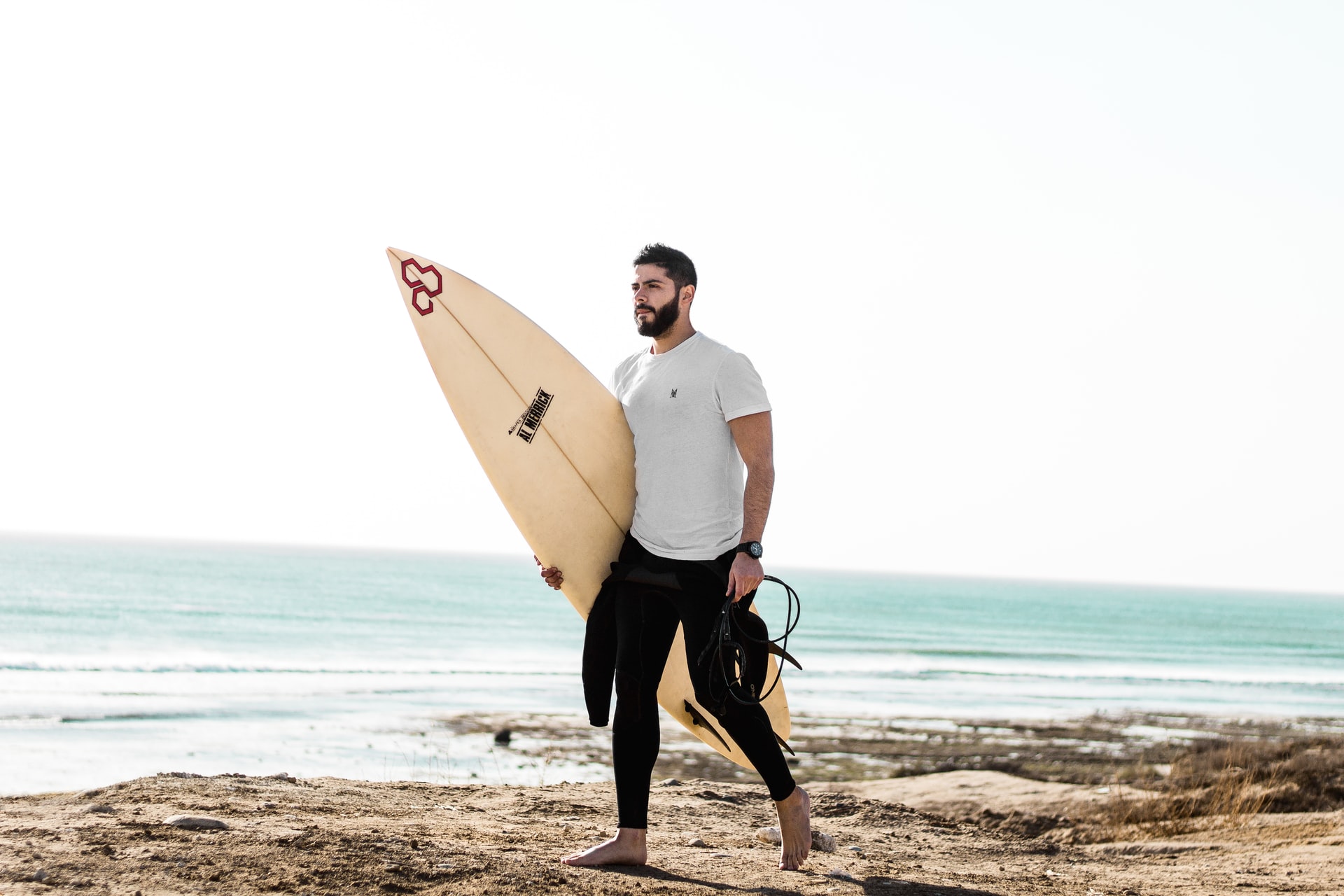
Do Surfers Have Beards? Pros & Cons You Should Know (+4 Tips)
-
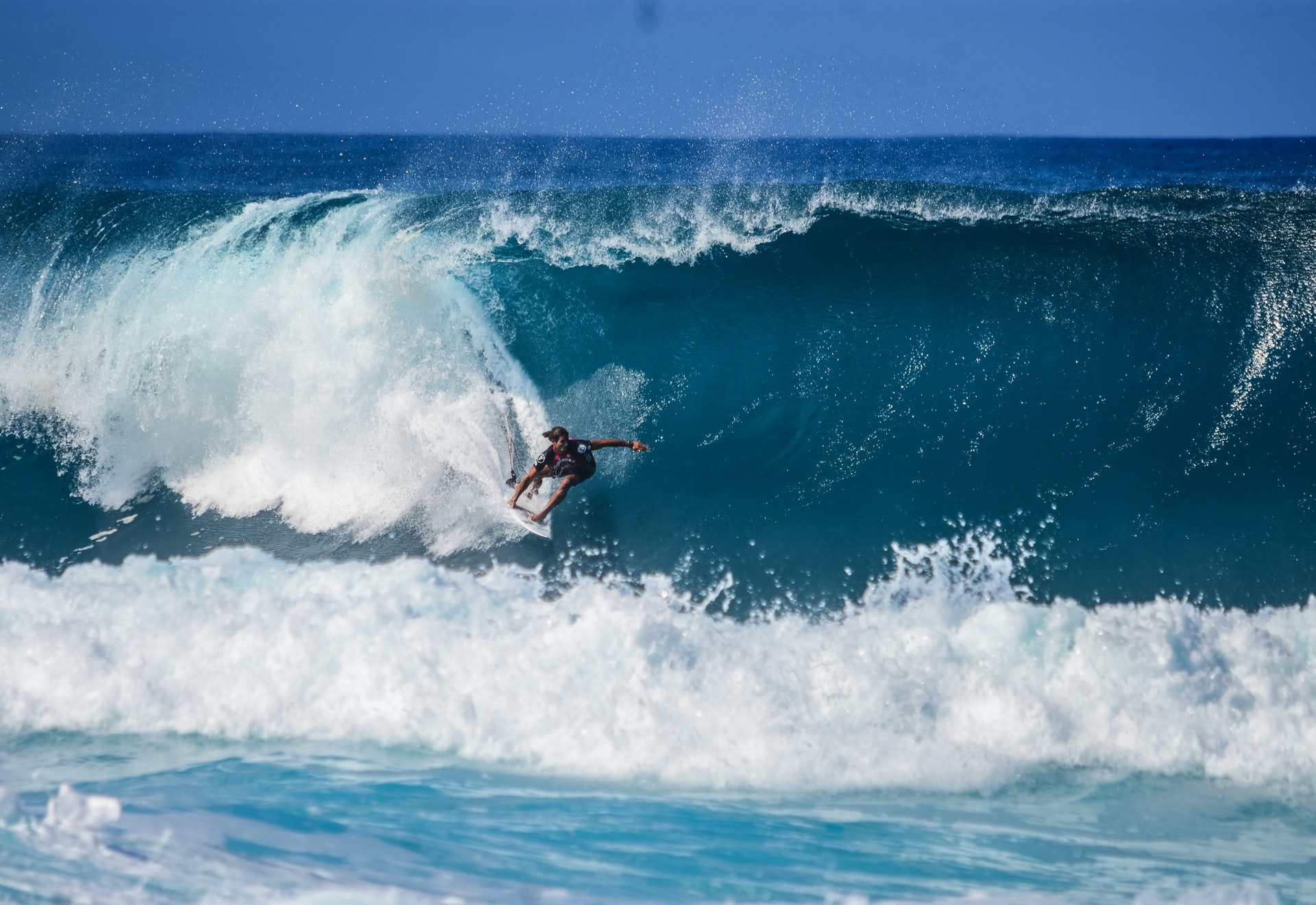
Do Surfers Like Constructive or Destructive Waves? (+Pros & Cons)
-
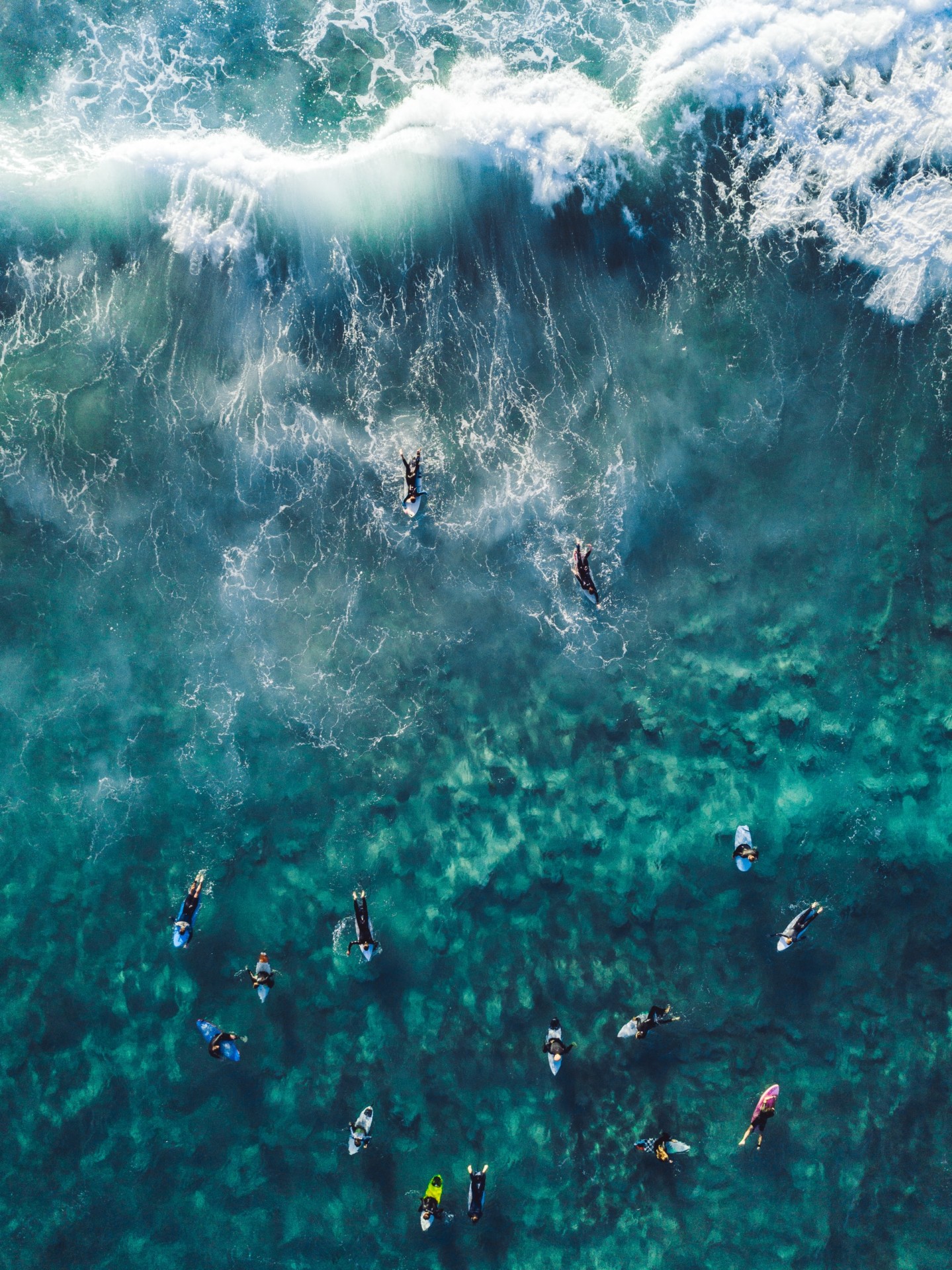
How to Surf Safely: 34 Crucial Tips (Every Surfer Should Know)
-
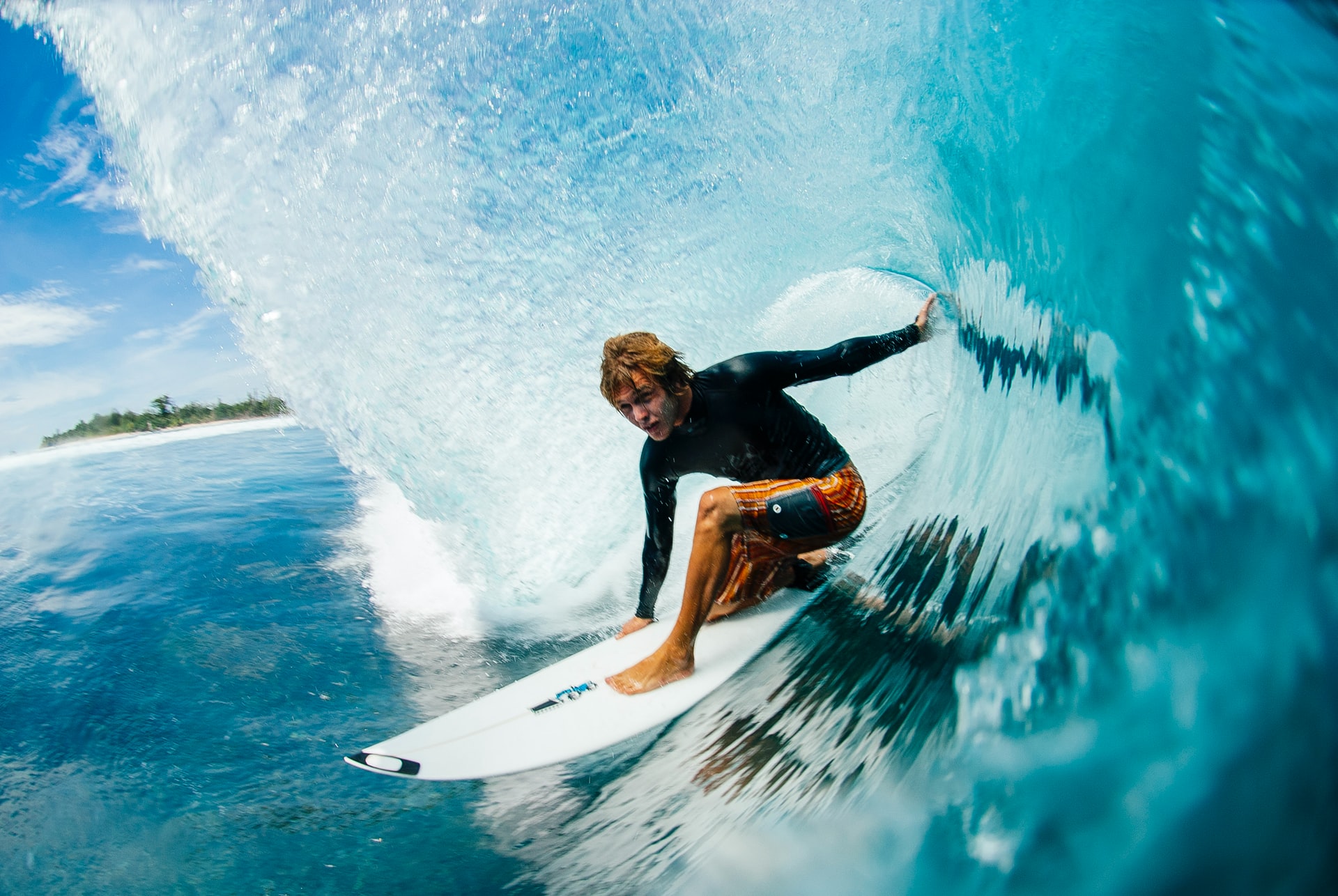
Do Pro Surfers Use Leashes? (+6 Reasons Why You Should Too)
-
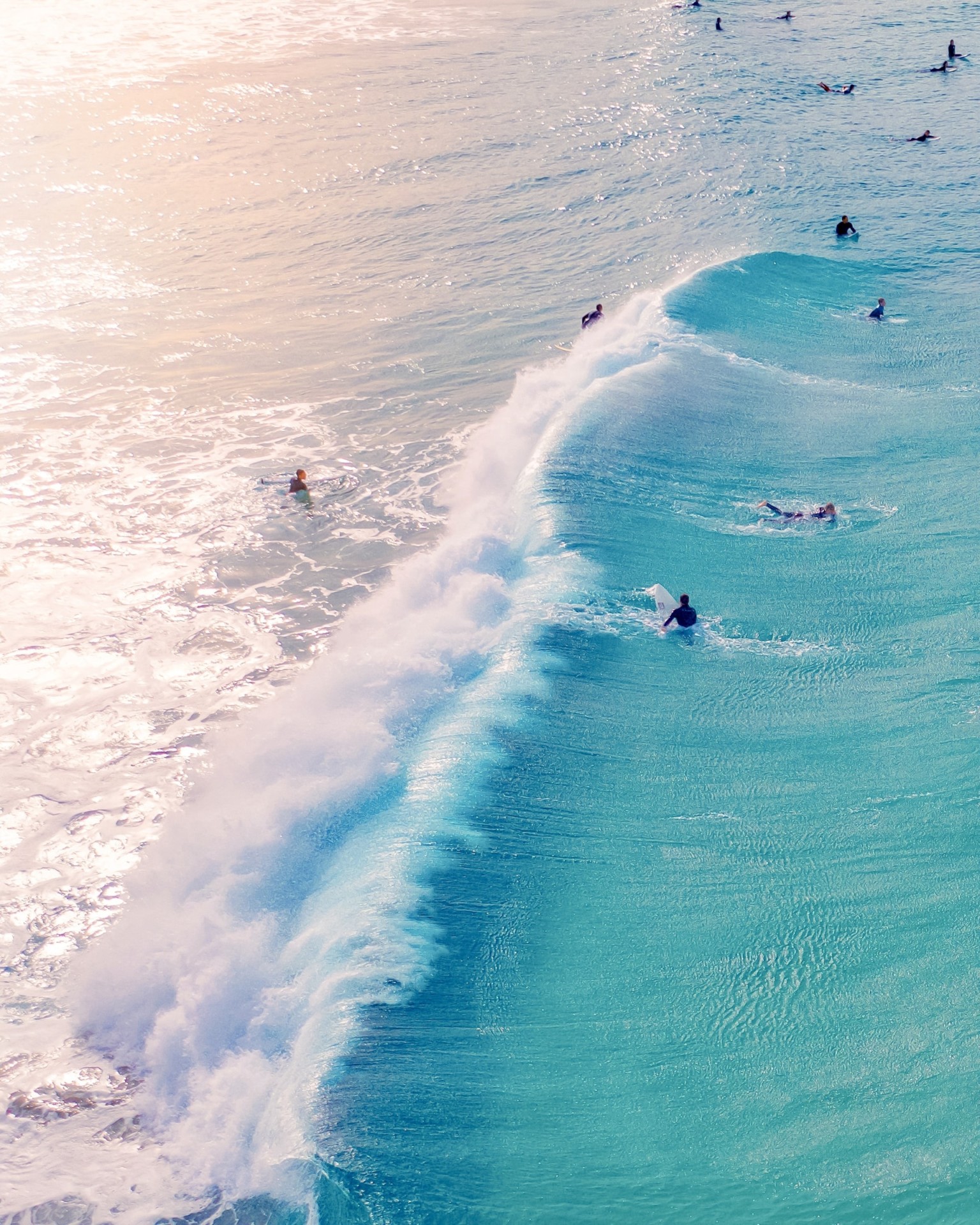
Do Many Surfers Drown? Here Are the Facts (+4 Common Reasons)
-
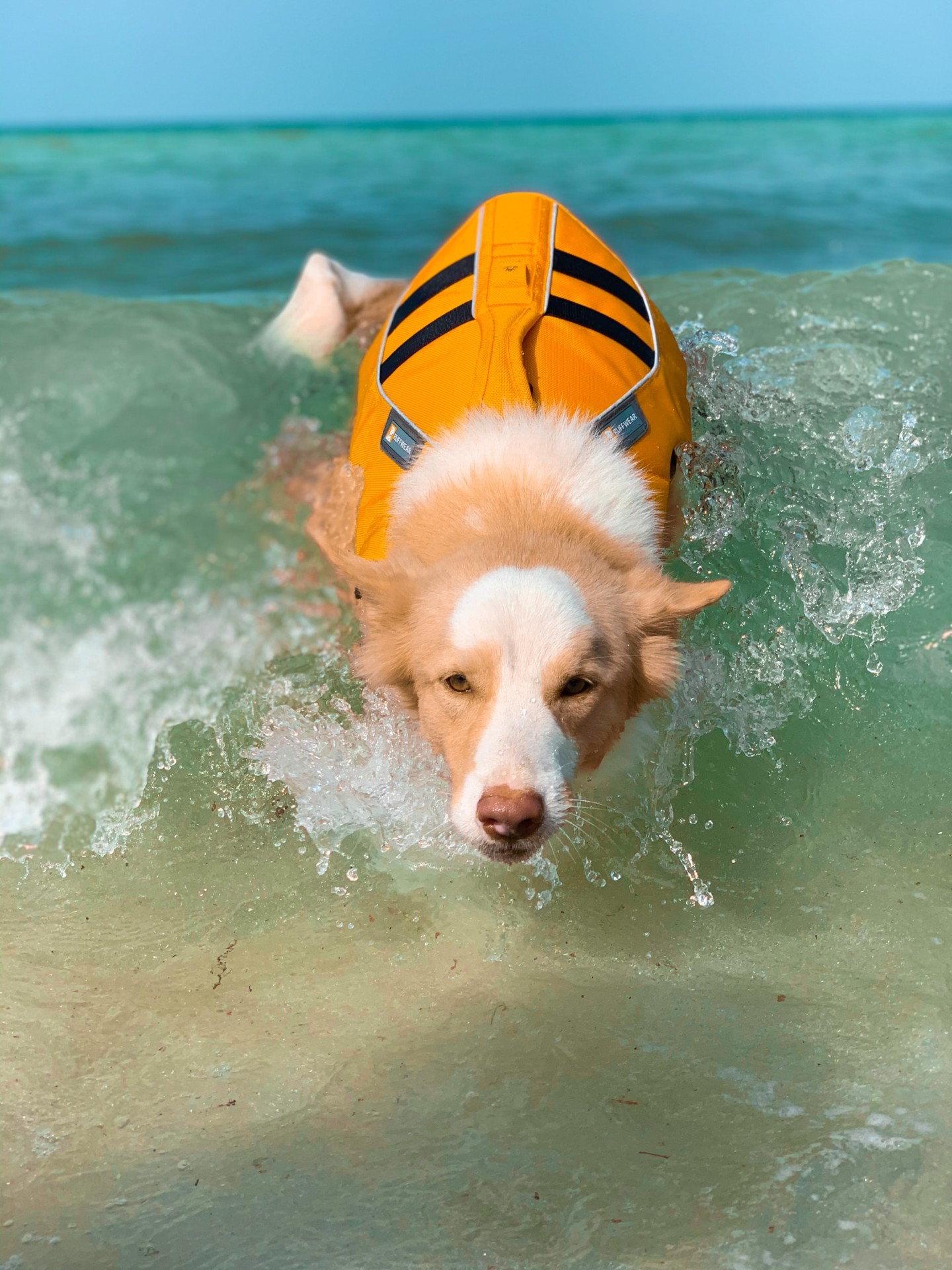
Do Surfers Wear Life Jackets? (7 Reasons Why They Don’t)
-
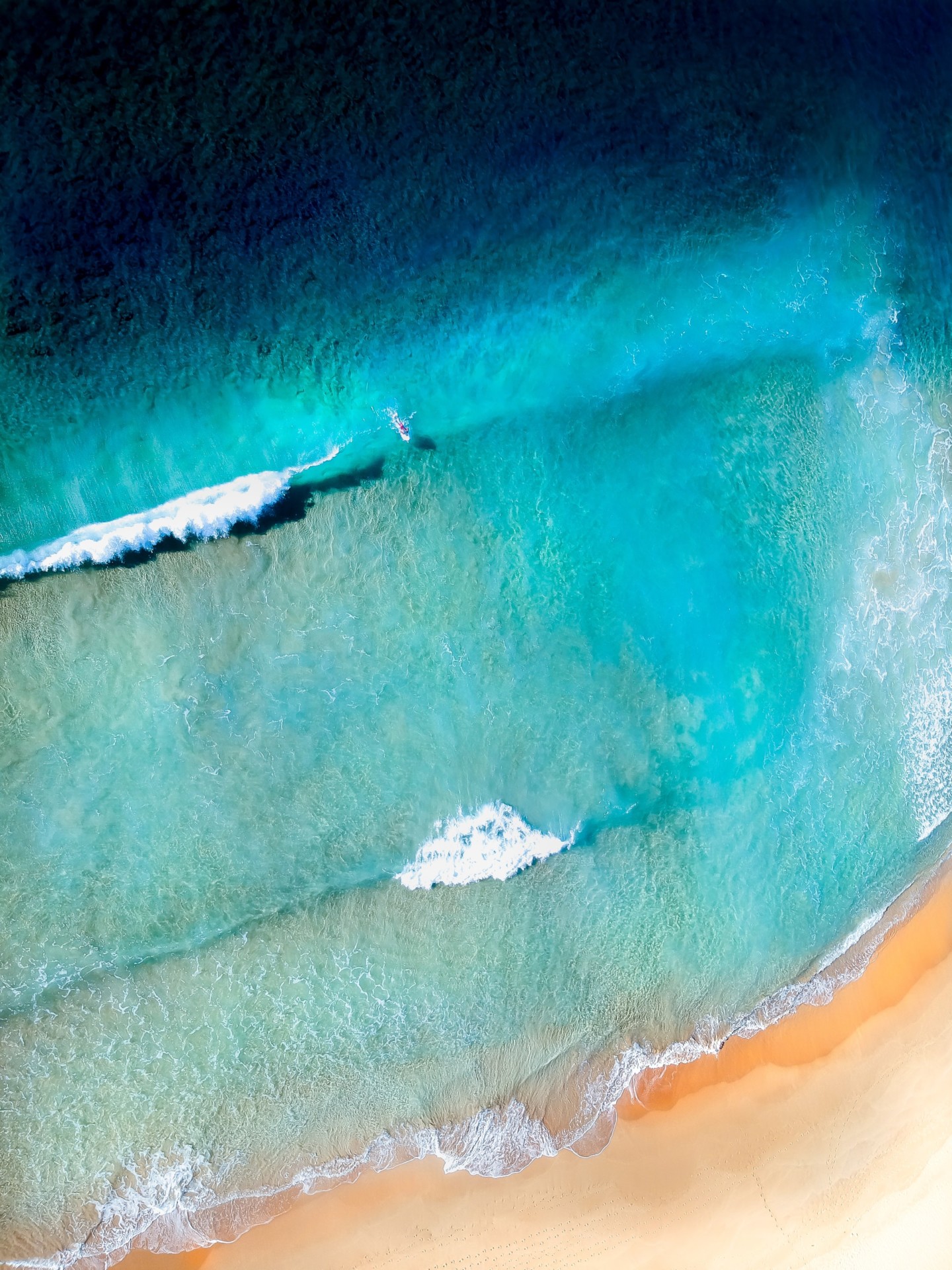
Do Surfers Like Rip Currents? (& How to Use Them Safely)








